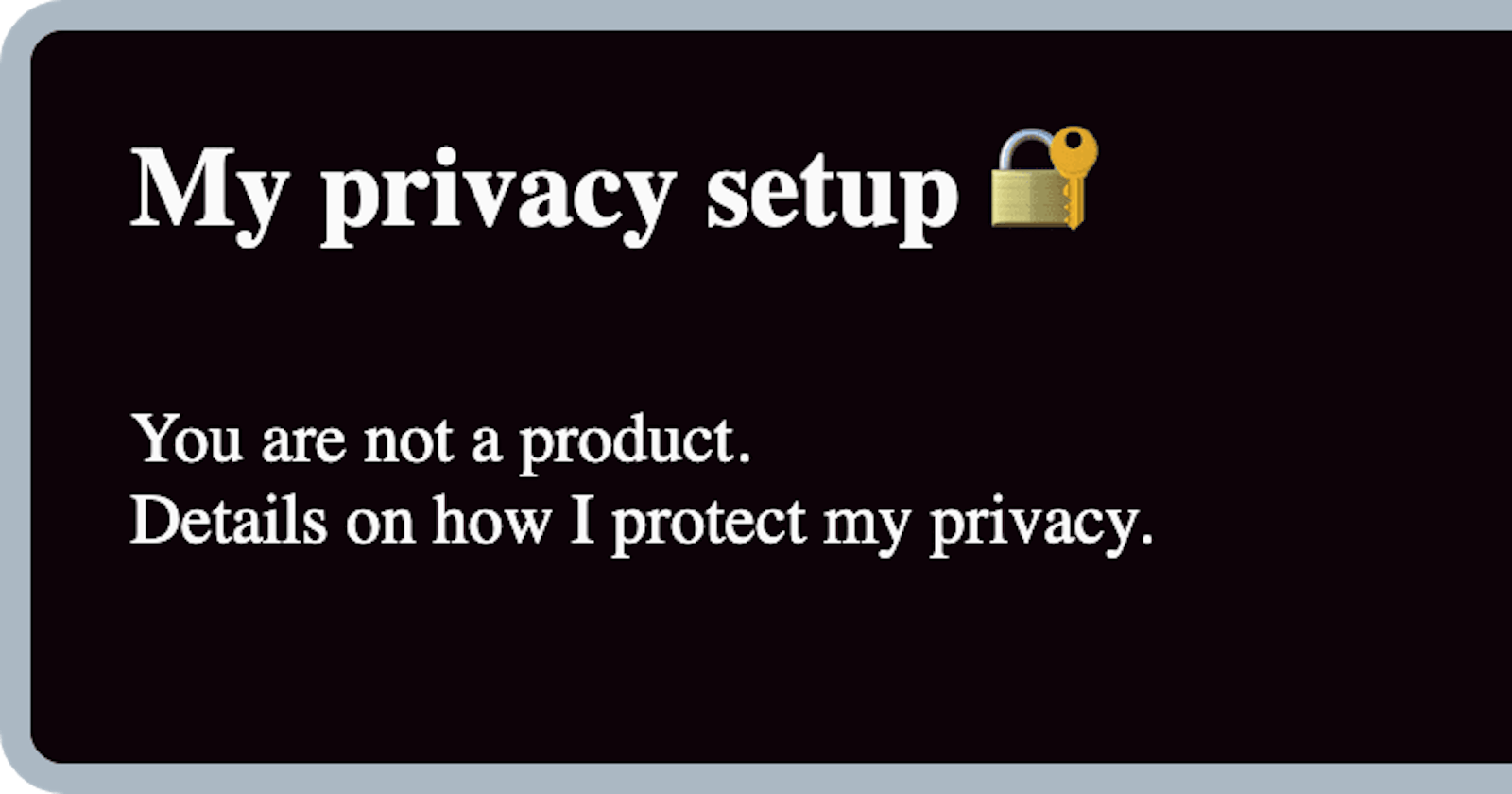One of the most precious things in this modern world is data, our own personal data.

With data, companies can persuade us to do, buy, like, and do whatever fits their interests- and most of the time those interests not really match ours.
I'm confident that you have already been in this situation: you are talking to a friend about, let's say, going to Disneyland, and a couple hours later while happily scrolling through your Instagram feed you see a sponsored Disneyland add. It's not a coincidence.
Or maybe you were chatting with a friend through Whatsapp, talking about babies. Just to receive an email from Amazon about some baby clothes offers. It's not a coincidence.
Many apps read, hear, and collect more information than we can imagine. Instagram hears what you say, Whatsapp reads what you write, Google knows where you are, and all that data is shared among so many other 3rd parties looking for profit. Knowledge is power.
If you think, "I don't really care, I have nothing to hide", it's not about hiding something. It's about unauthorized entities knowing everything about you. It's your life.
And in order to protect your data, your privacy, I put together this post with the details of my own privacy setup. It includes some rules I follow, as well as apps that help me protect my privacy.
Some general rules that apply to most of the things you do:
Don't give away your information just because it's easy. If you are signing up for a new service, I recommend you to investigate it before. You don't want to share details about you with a company that is known to sell them to someone else
For some temporary signups, you don't need real information. Some establishments, like coffee shops, ask you for your email address and name to connect to their WiFi, but most times you don't need a real email address since they don't ask for confirmation
Check allowed permissions of apps you install. There are apps that ask for way more than they need. If you can match every permission with a specific feature of the app, then you are probably good to go. Here is a Lifehacker guide for more information on the topic
Review privacy settings. Many apps have a privacy section on its settings where you can change what data can they collect or if targeted ads should be shown to you. Here's Twitter's for example:
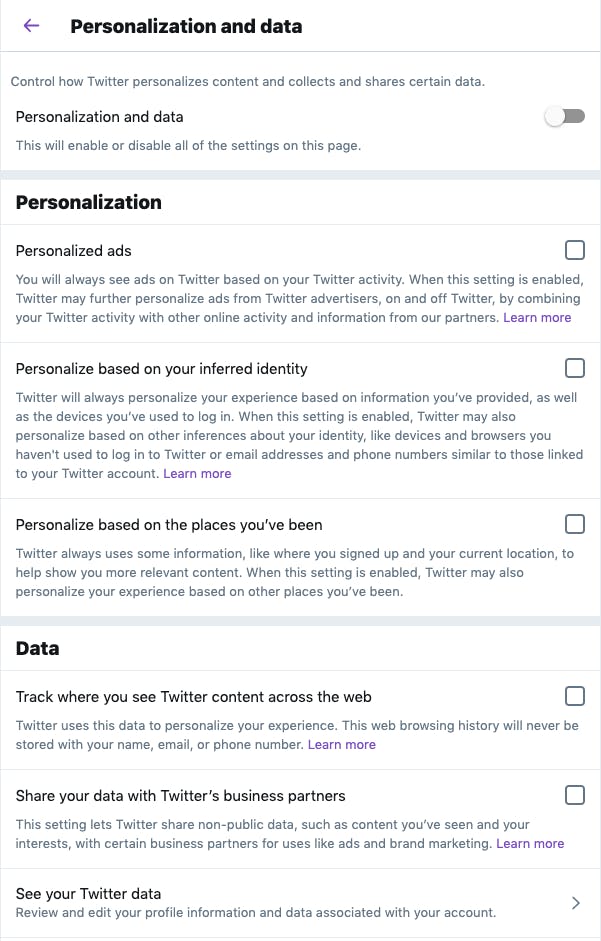
Now let's get to the apps I use!
Brave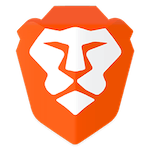
An open source privacy-first browser that comes with ad and tracker blocker by default. I have never missed Chrome or Firefox since I made the switch.
It's based on Chromium, so all your Developer Tools options are available to you. It also lets you open new tabs with Tor, for a truly private experience.
DuckDuckGo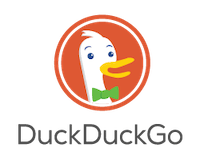
A privacy-first search engine. DuckDuckGo doesn't store any of your searches, nor does it track you in any way. Every search you make is as it was your first search ever!
It does not have some quick responses as Google does, but it's totally worth it anyway. I have never missed Google Search either.
Signal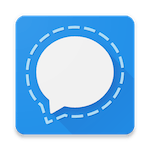
Signal is a messaging app that, you guessed it, it's privacy-first; it offers E2E encryption on everything. Plus, it's open source and a nonprofit organization. This app is even recommended by Edward Snowden!
The downside I have found so far is that not many people are willing to switch or use yet another messaging platform. Whatsapp is way to strong here in México at least.
Bouncer
This one is only for Android users. Bouncer is an app that allows you to grant permissions temporarily. It will automatically deactivate permissions after you have used the feature that required them.
For example, if you were to share your location using Whatsapp, you would need to accept the location permission first, then Bouncer will ask you once if you would like to remove or keep the permission after you have finished using it. As soon as you exit the app, Bouncer will remove location permissions from Whatsapp so it can't access them in the background. It's awesome!
Moreover, Bouncer doesn't even require internet permission, so you shouldn't fear of it sharing your information.
Tor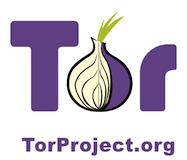
One of the world's strongest tool for privacy right now. It comes in many forms such as Tor Browser, Tor OS and private tabs with Tor from Brave, and it allows you to navigate the internet freely and with privacy thanks to its multiple layers of encryption.
It is slower than normal since the traffic goes through a series of relays, but for some people such as bloggers or journalists that must remain private, it's a jewel 💎.
NordVPN 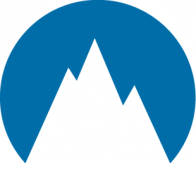
A VPN will allow you to protect your IP address and to make sure no one can see which websites you visit. It can also help you block ads and protect you on public W-Fi networks.
I use NordVPN and it works just great! It offers hundreds of servers around the world and some more specialty servers such as double VPN, P2P and Onion over VPN.
There are some specific apps/companies that I try to avoid whenever possible. Here are some of them:
I personally don't trust many giant tech companies like Google. They make really good products, I can't deny that. However, their business model thrives when users give away their privacy.
Take Gboard for example. This keyboard will have access to your camera, microphone, location and basically to anything you type with it. I admit the keyboard has really great features, but I would rather use something else than this keyboard just from the fact it comes from Google.
I do use Google Maps frequently, I just have many features disabled such as recommendations and location history.
Social networks
This should be a no-brainer. Social networks profit from gathering personal information and then using it for ad targeting. I don't have Instagram nor Facebook, but I still have Twitter. I don't use the native apps though, I always check it on the website be it on mobile or desktop.
Leaving your social networks might feel impossible to you since you might have family and friends with whom you talk to or at least follow, and that's okay. I would recommend just not to share too many personal details on your posts.
Closing out
Your privacy is rapidly becoming a privilege rather than a right, that's why I use all these apps and tips to keep mine.
I don't pretend to cover everything there is about online privacy on this post, but hopefully it sparks your curiosity to learn and do more to protect what's yours. I still have plenty of things to do, and my next objective is to completely stop using Google Products.
Here are many resources I have studied/read/watched to keep myself informed about this. I highly recommend to check the DuckDuckGo resources below, they have immense high quality information about why you should care about privacy.
DuckDuckGo resources:
Cover image was generated using Cover-Image-Generator 💙
I hope you find some of what I have shared here useful, and if you know something else I should be doing please leave me a comment!

